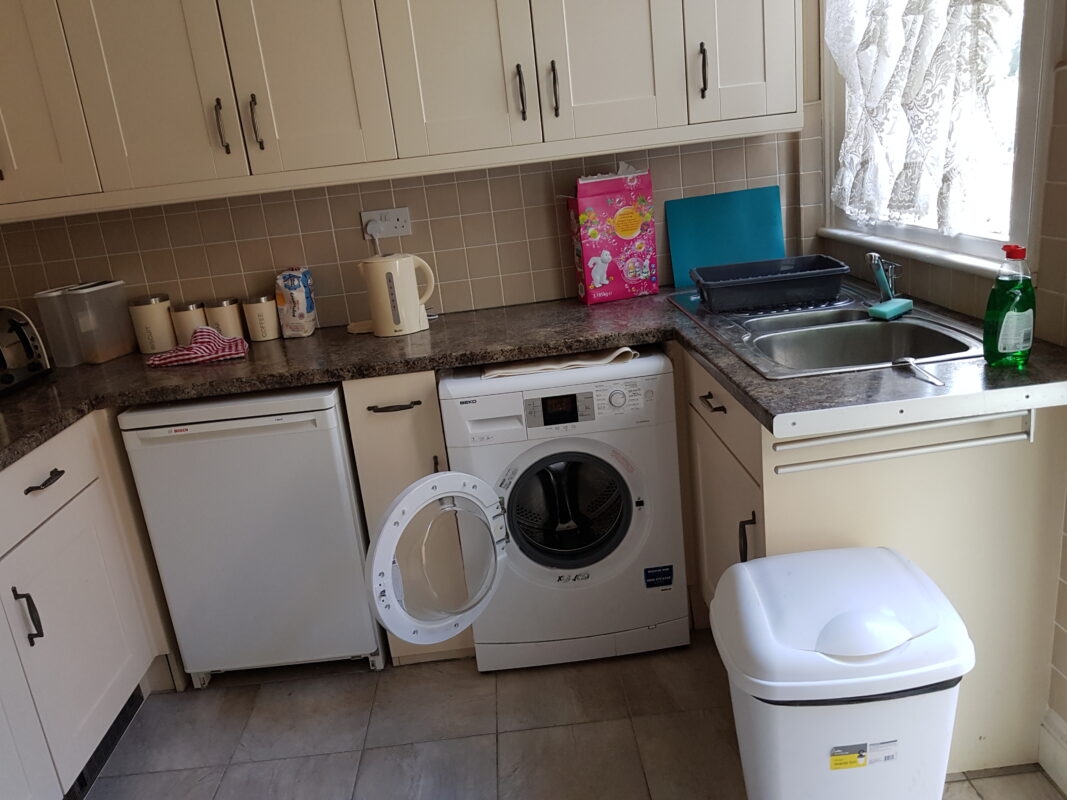

What we do
We support and encourage our clients to live independently whilst encouraging them develop and enhance their skills and manage their stress.
We assist and support our client with their housing difficulties, provide education with budgeting, debt management and the payment of bills.
We support our clients to build community and good neighbourhood relations aiding in sustaining their tenancy and promote independent living. In the event of relapse we provide support if independent lifestyle is at risk due to health or other related issues.
We have skilled advisors who assist our clients in understanding the importance of accessing welfare benefits and other entitlements.
We encourage our clients to manage and control their mental health and provide the support needed and also encourage our clients to live a balanced lifestyle by healthy eating and exercise.
We promote lifelong learning and consistently support our clients to get involved in education.
We partner with providers and voluntary agencies who tailor in-house training programmes aimed at assisting in employment or voluntary work.
We support and encourage our clients to develop their social skills and improve their social networks as well as engagement with appropriate agencies.
We assist and encourage our clients to engage and keep appointments with external agencies namely; local mental health services, drug and alcohol services, primary healthcare services, counselling, General Practice, statutory services, social services, voluntary agencies and disability services.
What we cater for
Referrals from the local community and mental health teams and any local agency working with people who fit the criteria.
Single male and female over the age of 18.
Adults with independent living potential whose aim is to move to independent or lower support accommodation, but are currently in need to develop their living skills.
Adults who are willing to abide by Great Future Support Ltd occupancy terms and to cooperate with the services provided by Great Future to move on to alternative housing.
Vulnerable adults with a primary diagnosis of mental health and support needs.
Individuals who are entitled to and claiming welfare benefits.
